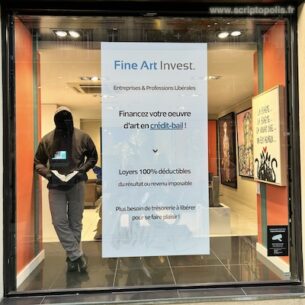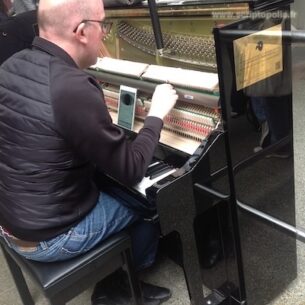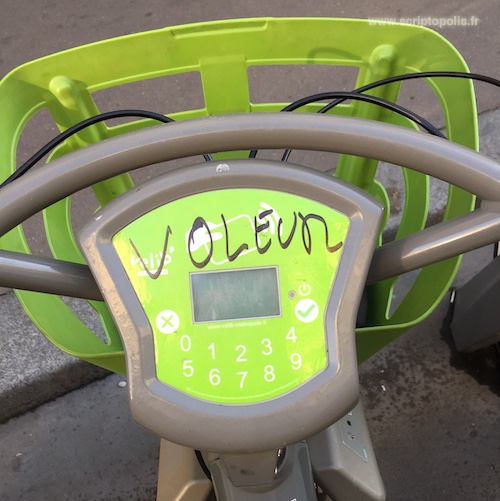On SCOT
For nearly 50 years, STS has been a uniquely rich forum for interdisciplinary discussion. Philosophers have discovered what concepts such as objectivity and truth that they inherit from epistemology become behind the laboratories walls that anthropologists walk through, historians of science have drawn the attention of sociologists of technology to the tests and experiments that are played out in R&D, while sociologists of technology have taught their colleagues who study science that sciences continuously co-produce society. They have participated together to put an end to a monolitith approach of Science and Technology, to determinism and implicit linear models and terminate the hagiographic form applied to innovators and scholars.
Among the contributions that have allowed STS to maintain an open stance vis-à-vis traditional sociology and to rebalance the contributions in favor of technologies, the so-called SCOT approaches for “social construction of technology” born in the early 1980s have been pivotal. Wiebe E. Bijker et Trevor J. Pinch have designed a method of describing technical objects (e.g. the bicycle) based on the meanings given to them over the course of innovation processes by social groups (producers, women wearing dresses, bicycle racers, tourists, etc.). Their method invites us to follow the successive formulations of the problem, the temporalities of innovation (irreducible to that of a fantasized invention) during which solutions are in conflict and give rise to the interpretative flexibility of technical objects, before observing the phases of stabilization and the mechanisms of closure at the end of which the problem “disappears” (and is often redefined). Without this now classic work, we would not be able to understand the social construction of the Parisian Velib, nor to take seriously the angry inscriptions of users addressed to the maintainers and the company holding the public contract. The recent death of Trevor J. Pinch is an opportunity to remember this and to pay tribute to SCOT, among others.







